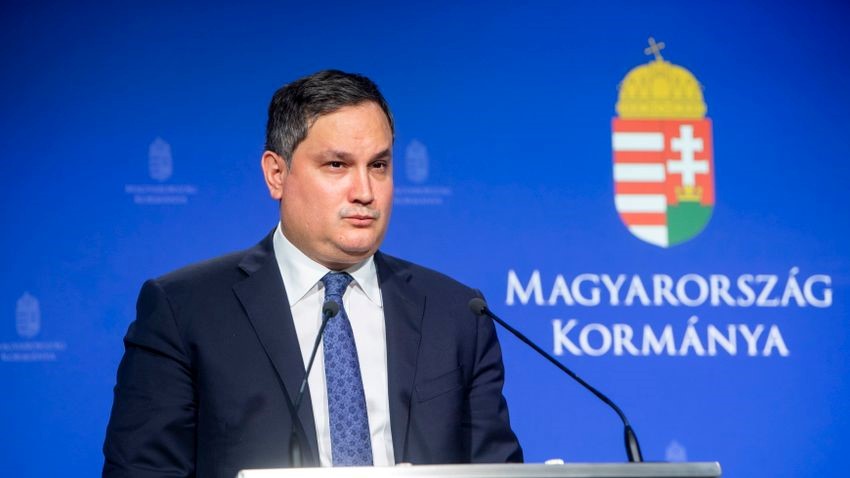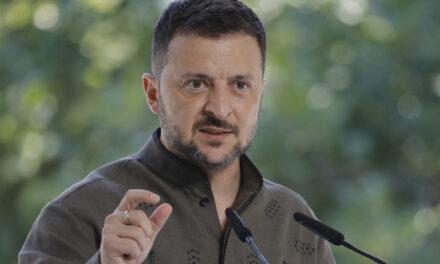The Hungarian economy performed exceptionally even in the economic crisis situation, which was affected by the war and the harmful Brussels sanctions rejected by the Hungarians, declared the Minister of Economic Development Márton Nagy in his statement on Tuesday, commenting on the latest report of the KSH.
According to the data of the Central Statistical Office, in 2022, thanks to the efforts of domestic economic actors, the GDP increased by 4.6 percent, which is in the first third of the best performing countries in the European Union. This also means that, despite the war and sanctions, the Hungarian economy produced the 6th highest growth of the period after the regime change. It has been proven that the Hungarian government is on the right track, its measures are effective, they were able to protect the performance of the economy, the minister emphasized.
Economic growth of 4.6 percent represents the second largest expansion among the V4 countries (closely behind Poland), while our growth surplus remained despite the crisis, as the EU (3.6 percent) and the Eurozone (3.5 percent ) the expansion of the Hungarian economy also exceeded the average. Moreover
the performance of the Hungarian economy grew two and a half times more than the German economic growth (1.9 percent), which can be regarded as a straight measure.
The background of the outstanding result was the international trust that has been unbroken for years, the permanently high level of investments and investments, high employment, one of the lowest unemployment rates at the EU level, strong wage dynamics (17.5 percent on an annual basis) and targeted government measures - listed Nagy Martin.
The minister recalled: as part of the economic defense line developed to alleviate the negative economic effects caused by war and sanctions, the government provides preferential loans through the Széchenyi Card Program, extended the interest rate cap to SMEs, launched support for energy-intensive companies, and launched the Factory Rescue Program.
To further improve the competitiveness of companies, the government launched one of the largest government loan programs of all time, the Gábor Baross reindustrialization loan program, with a HUF 700 billion budget. With this, it provides a financing source of HUF 3,000 billion, i.e. 4 percent of GDP, for companies through the credit and capital programs of the Hungarian Development Bank and Eximbank, as well as the Széchenyi Card programs, he reminded.
“While acknowledging the results, the government's intent remains clear: to protect families, full employment, pensioners and utility cuts while continuing to avoid recession. In 2023, we set ourselves the goal of achieving growth of at least 1.5 percent, and to reduce inflation to single digits by the end of the year."
- emphasized the Minister of Economic Development. According to the government's assessment, all of this can make a significant contribution to the Hungarian economy being able to flourish again in 2024 - concluded Márton Nagy in his statement.
Source: 888.hu
Featured image: Hungarian Nation













